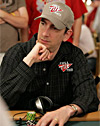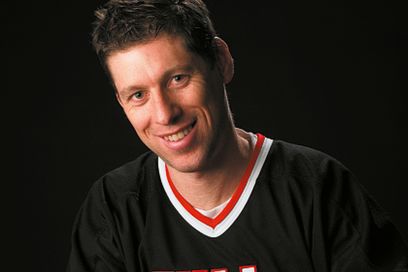
By Erik Seidel
 These days, it seems that you couldn't walk into a bookstore without seeing poker strategy books. How do you play A - K in early position short-handed? Should you raise with connectors matching the button after the small stack calle? When should you slowplayer your as?
These days, it seems that you couldn't walk into a bookstore without seeing poker strategy books. How do you play A - K in early position short-handed? Should you raise with connectors matching the button after the small stack calle? When should you slowplayer your as?There is now a multitude of books written by experts to answer all your questions. I have seen whole chapters devoted to the way you should play a particular hand in a particular situation. But it is also important to know that the answer to your questions is often the same:
It depends.
Poker is a game of infinite complexities. Players like Chris Ferguson can calculate the odds for almost all situations, but there is not specific and invariable rule about how to play a hand. Math is important, but if you want to wear your game to another level, you need to work on three things: creativity, imagination and flexibility.
There are several styles that work in poker. The very bold way to Gus Hansen (there is still a method behind his apparent madness) about how very disciplined and tight David Skalansky, your goal will be to experiment different opportunities and different styles of play. Once you have done this, you will need to determine what style of play works best for you.
If the part is too Stuart, it is often correct to play few hands. If the table is very tight (rocks) you can afford to bluff more. The key is not having a rigid style and you adapt to your opponents.
Learn to adapt your game takes practice. The game shorthanded is an excellent opportunity to test your creativity because you have more decisions to make. You can also invest less in playing a simple table of sitNgo, there where the blinds increase will force you to play more hands against your opponents.
Imagination is the heart of the game. Just as there's no magic recipe for writing a song, he has no unique path to play a hand of poker. The best players know to adjust to the circumstances. The beauty of this game and what makes it also exciting whenever you sit down at a table just because you constantly have to change your tactics according to various situations and various opponents.




